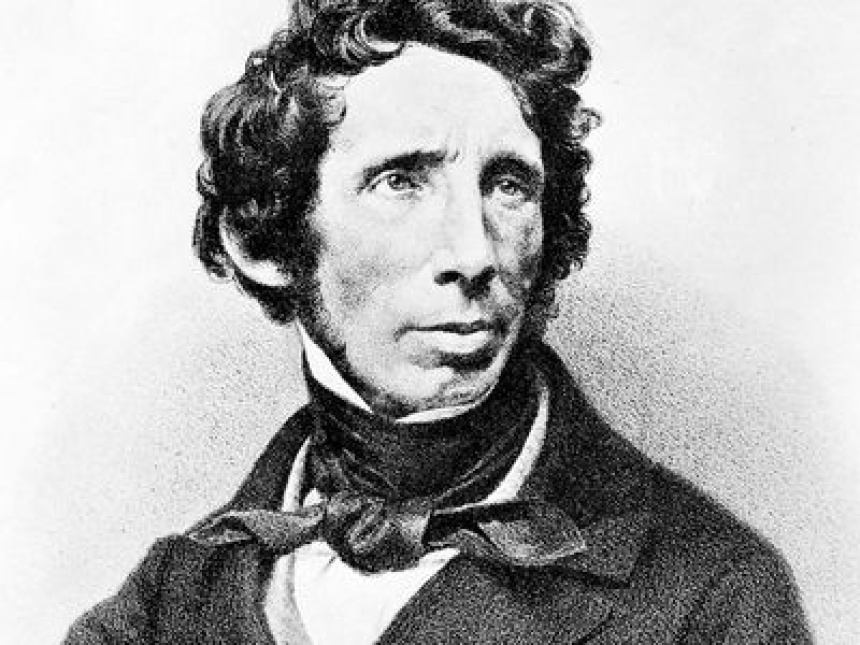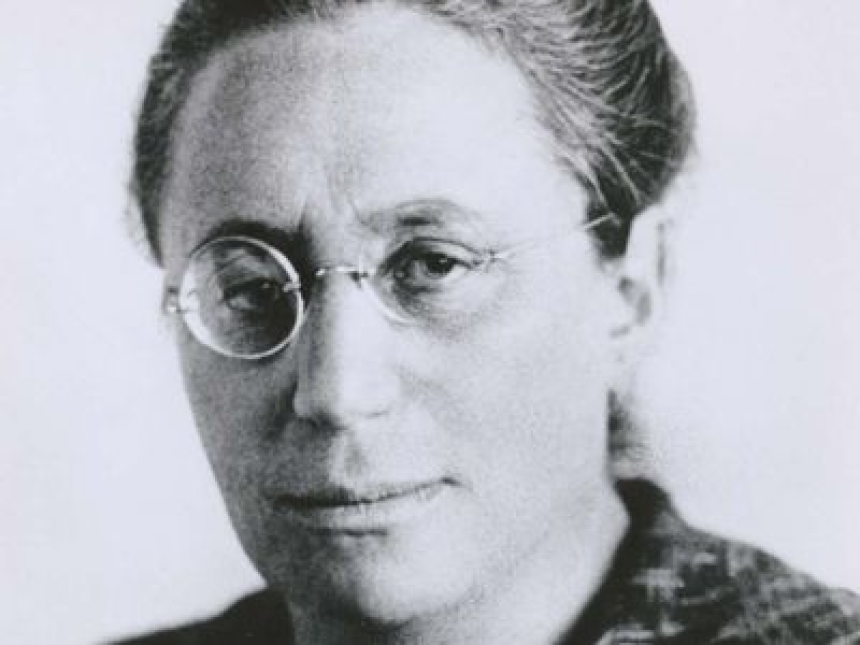
Friedrich Whler
Friedrich Wöhler: A Pioneer in the Field of Organic Chemistry
Friedrich Wöhler: A Pioneer in the Field of Organic ChemistryWhen it comes to the world of chemistry, one name that often stands out is Friedrich Wöhler. Born on July 31, 1800, in Eschersheim, Germany, Wöhler made significant contributions to the field, which earned him the title of "father of organic chemistry." His discoveries and experiments not only revolutionized chemistry but also paved the way for groundbreaking advancements in various scientific disciplines.
Early Life and EducationWöhler's interest in chemistry developed at an early age, thanks to the support and guidance of his family. He began his scientific journey by attending the University of Marburg, where he was exposed to various fields of study, including chemistry, mineralogy, and physics. Under the tutelage of renowned chemists such as Justus von Liebig and Friedrich Stromeyer, Wöhler quickly honed his skills and established himself as a brilliant young chemist.
Urea Synthesis: A Landmark AchievementIn 1828, Wöhler accomplished a feat that would forever change the course of chemistry. Using an ordinary laboratory experiment, he successfully synthesized urea from ammonium cyanate, disproving the widely accepted theory of vitalism. This discovery marked the first time that an organic compound had been synthesized from inorganic substances, thereby demonstrating that organic compounds could be created artificially. This groundbreaking achievement shattered the notion that organic matter could only be produced by living organisms.
Contributions to the FieldWöhler's groundbreaking discovery of urea synthesis led to a paradigm shift in the field of chemistry. It opened the door for further investigations into the synthesis of organic compounds, paving the way for countless advancements and innovations. Moreover, his work helped bridge the gap between organic and inorganic chemistry, contributing significantly to our understanding of chemical reactions and molecular structures.
Throughout his career, Wöhler made numerous other significant contributions. He conducted extensive research on isomerism, discovering the phenomenon independently of Eilhardt Mitscherlich. Additionally, he played a crucial role in the identification and synthesis of various organic compounds such as oxalic acid, hippuric acid, and benzene derivatives, to name a few.
Later Life and LegacyWöhler's remarkable achievements and vast knowledge garnered him widespread recognition and accolades within the scientific community. He received numerous awards and honors, including the prestigious Copley Medal, which he was awarded in 1842. Wöhler's extraordinary contributions continued until his death in 1882, leaving behind a rich legacy that continues to influence and inspire chemists and scientists to this day.
His groundbreaking research and discoveries have laid the foundation for modern organic chemistry, transforming it into the dynamic and ever-evolving field it is today. By challenging established beliefs and forging new paths of knowledge, Friedrich Wöhler cemented his place as one of the most influential chemists in history.
FAQs:1. What is Friedrich Wöhler best known for?
Friedrich Wöhler is best known for his synthesis of urea in 1828, which disproved the theory of vitalism and showcased the potential for the artificial synthesis of organic compounds.
2. How did Wöhler's discovery impact the field of chemistry?
Wöhler's discovery shattered the traditional belief that organic compounds could only be produced by living organisms, opening the door for further research and advancements in the synthesis of organic compounds.
3. What other contributions did Wöhler make to the field of chemistry?
In addition to his urea synthesis, Wöhler made significant contributions to isomerism, the identification and synthesis of organic compounds such as oxalic acid and benzene derivatives, and our understanding of chemical reactions and molecular structures.
4. What awards did Friedrich Wöhler receive?
Wöhler received various awards and honors throughout his career, including the esteemed Copley Medal in 1842.
5. How did Wöhler's work impact future generations of chemists?
Wöhler's work laid the foundation for modern organic chemistry and continues to influence and inspire chemists today. His groundbreaking research and discoveries have contributed to advancements in various scientific disciplines.





